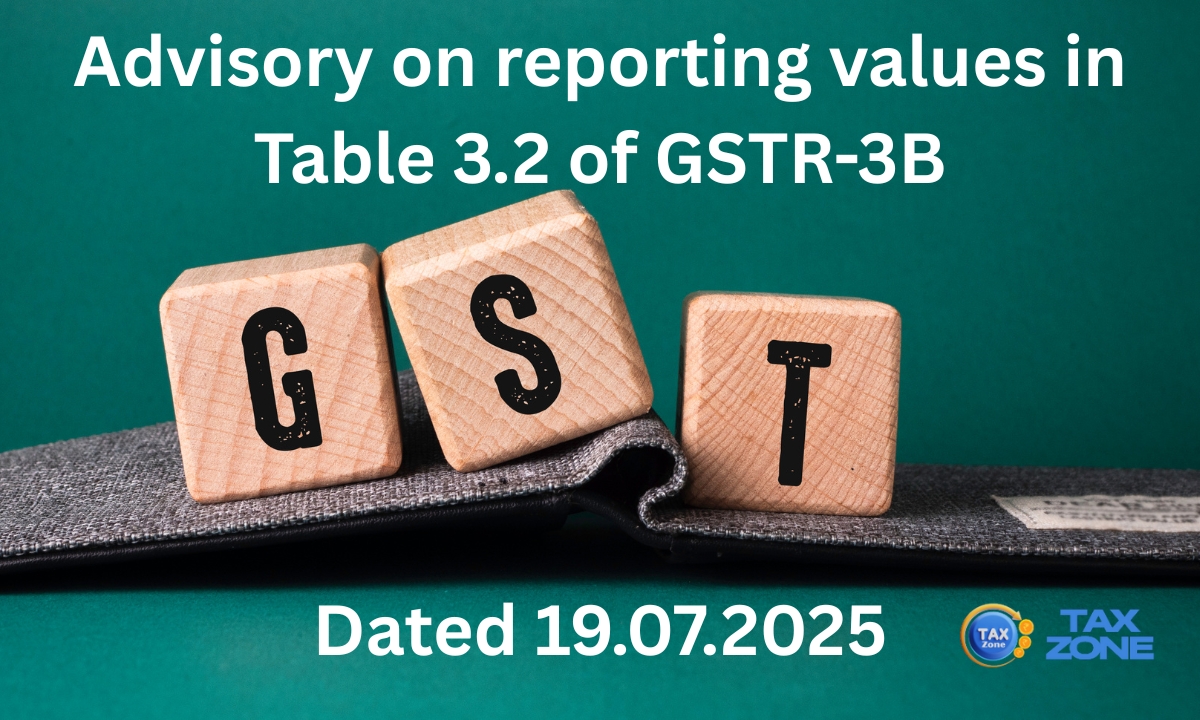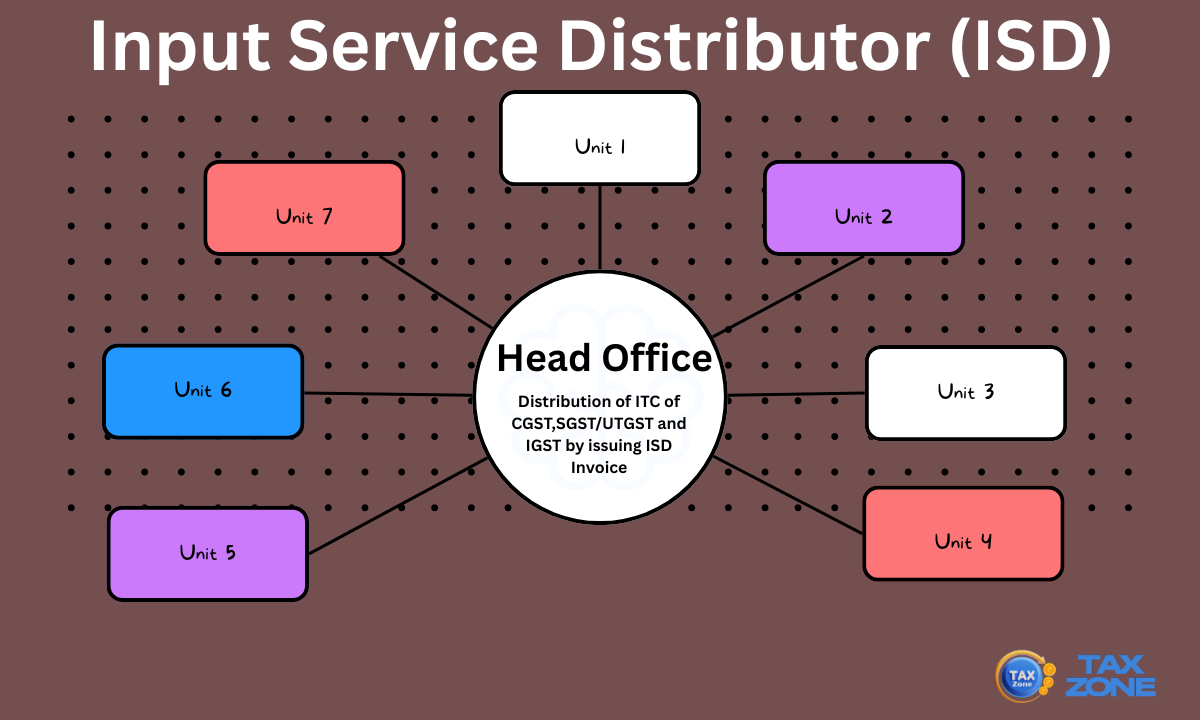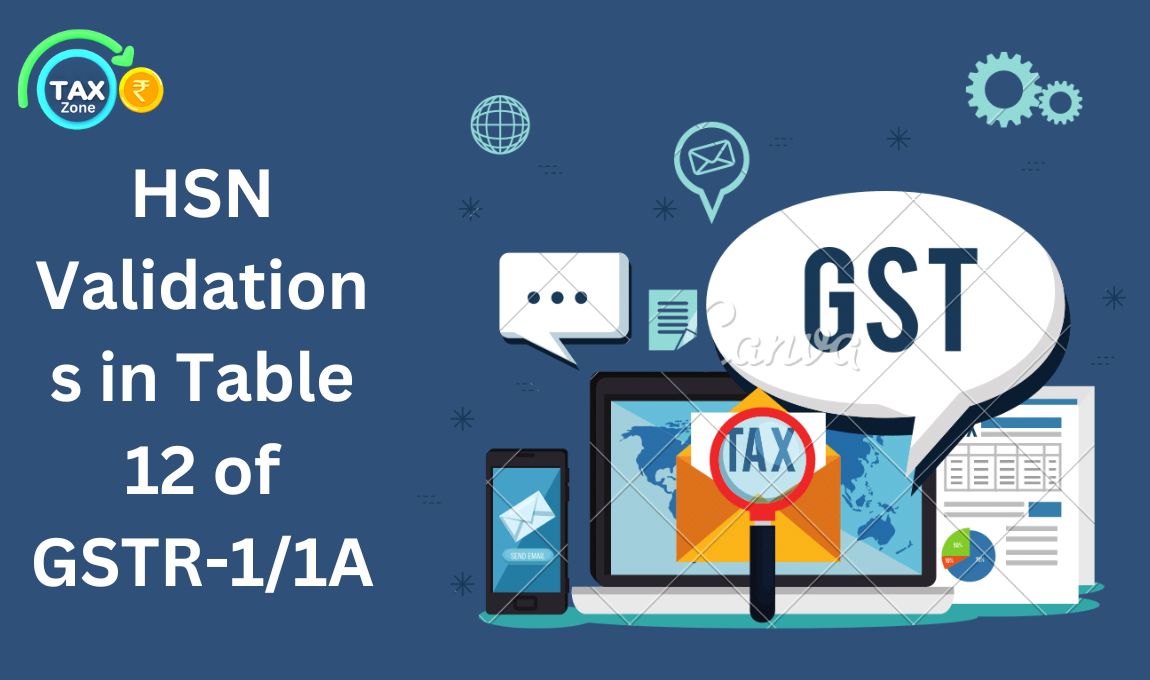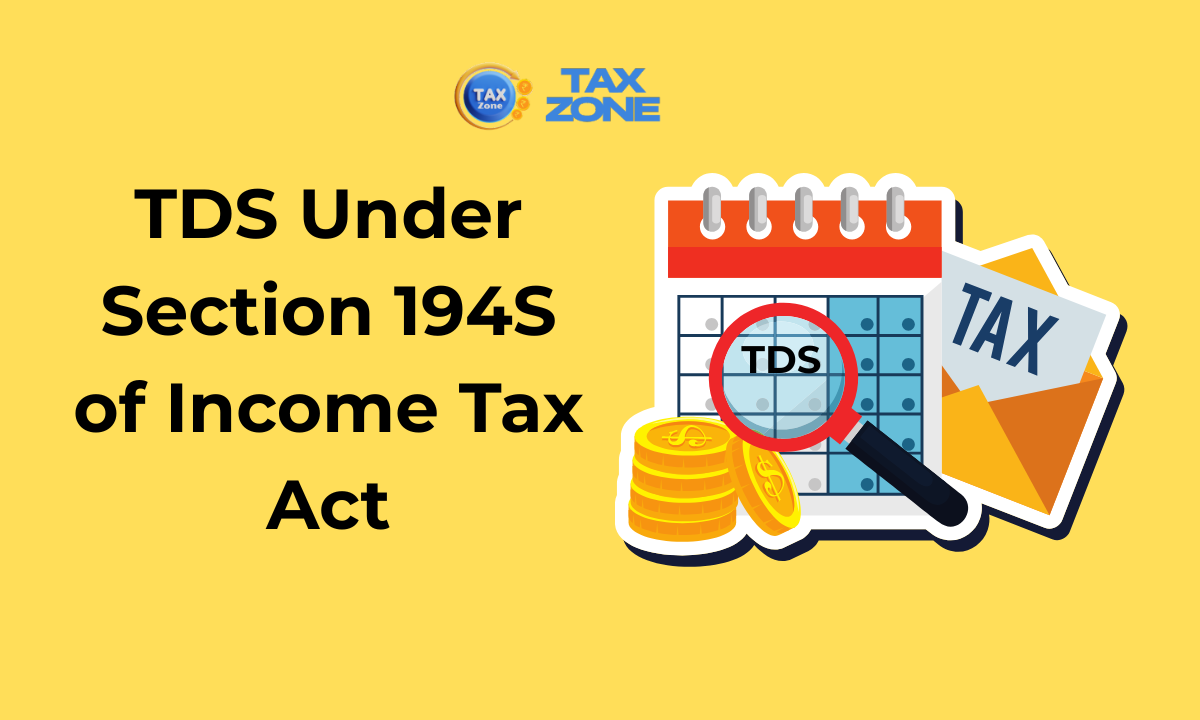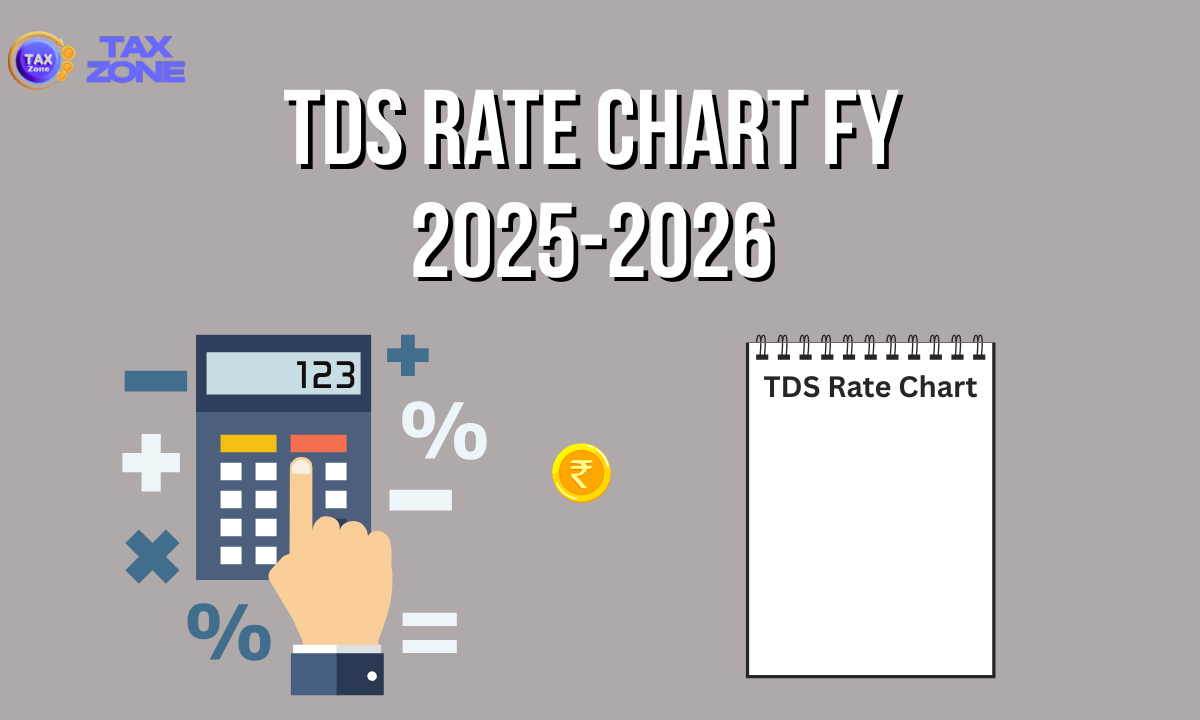On October 29, 2024, the GST Department issued an advisory reminding taxpayers of an important update introduced in the Finance Act, 2023. This update, effective from October 1, 2023, bars taxpayers from filing their GST returns after a three-year window from the due date. Here is a breakdown of what this means, the sections and returns impacted, and why it’s essential for taxpayers to comply promptly.
Background on the Advisory
The advisory relates to the Finance Act, 2023 (8 of 2023), dated March 31, 2023, and operational from October 1, 2023 under Notification No. 28/2023 – Central Tax, dated July 31, 2023. According to this update:
Taxpayers are no longer permitted to file their GST returns after the lapse of three years from the original due date. This limitation applies to returns related to outward supply, payment of liability, annual filing, and Tax Collected at Source (TCS).
Impacted GST Returns and Relevant Sections
The three-year filing deadline impacts several sections under the Central Goods and Services Tax (CGST) Act:
- Section 37: Outward Supplies (GSTR-1)
- Section 39: Payment of Liability (GSTR-3B, GSTR-4)
- Section 44: Annual Returns (GSTR-9, GSTR-9A for composition taxpayers)
- Section 52: Tax Collected at Source (TCS returns for e-commerce operators, GSTR-8)
The following GST returns are impacted by the three-year restriction:
- GSTR-1: Monthly or quarterly returns covering details of outward supplies.
- GSTR-3B: Monthly return for payment of taxes and summary of sales and purchases.
- GSTR-4: Annual return for taxpayers under the composition scheme.
- GSTR-5 and GSTR-5A: For non-resident taxable persons.
- GSTR-6: For input service distributors (ISD).
- GSTR-7: Return for TDS.
- GSTR-8: For TCS by e-commerce operators.
- GSTR-9: Annual return providing a summary of all GST filings and payments for the year.
Key Considerations for Taxpayers
- Mandatory Reconciliation: Taxpayers are encouraged to reconcile their records immediately. Inaccuracies or unfiled returns within the three-year period cannot be rectified or filed once this deadline passes.
- Compliance Urgency: Given that this rule will be implemented on the GST portal in early 2025, taxpayers should verify and complete any pending filings to avoid lapses.
- No Further Extensions or Late Filings: Under the updated law, taxpayers are strictly barred from filing these returns beyond the three-year limit. This change emphasizes the importance of timely compliance, as there will be no latitude for delayed submissions post the cutoff period.
Practical Implications
This three-year restriction is intended to streamline compliance, maintain timely data records, and ensure the GST system’s accuracy. Here’s what taxpayers need to consider:
- Penalties and Legal Consequences: Missing the filing deadline could expose taxpayers to penalties, compliance issues, and possibly audit scrutiny. Non-filing within the allowed period could impact assessments and may restrict a taxpayer’s access to future credits or refunds.
- Impact on Business Operations: Businesses relying on an unbroken chain of tax credits may find disruptions if returns are not filed within the stipulated period, as backdated credits may become unavailable.
- Annual Reconciliation: Businesses should adopt an annual reconciliation process to ensure all GST returns are current. For example, reconciling books with GSTR-1 and GSTR-3B filings can help avoid discrepancies that might lead to notices or penalties.
Key Takeaway: File Now, Avoid Future Disruptions
To stay compliant with the GST Department’s new guidelines:
- File any overdue returns immediately, especially if they are nearing the three-year limit.
- Maintain a regular compliance schedule to meet monthly, quarterly, and annual GST return deadlines.
- Seek professional advice if needed to ensure all filings are complete and records reconciled.

